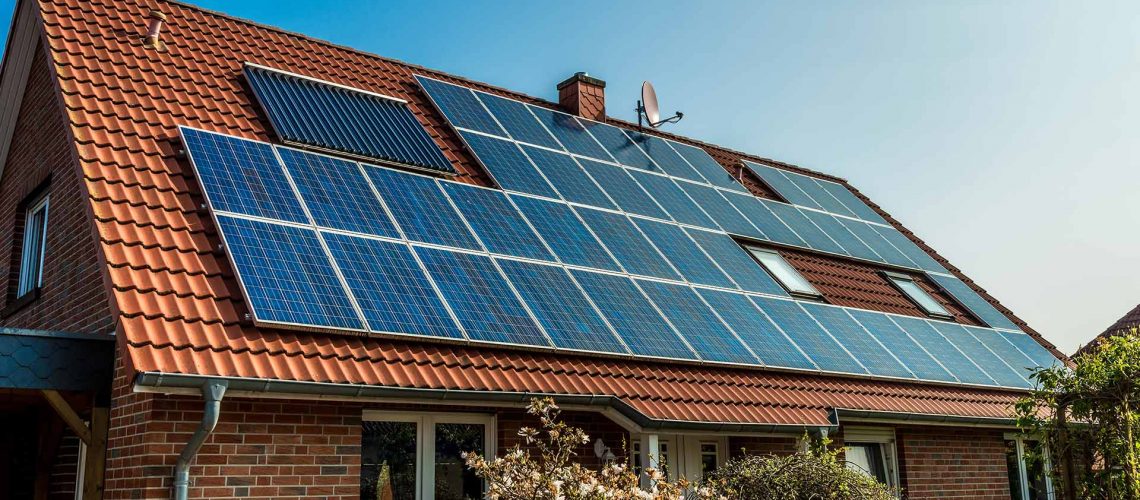The most pressing part of searching for the perfect PV panels is figuring out what type works best for your roofing, where to put them, and what features to invest in, like solar tracking and battery storage.
What often goes overlooked is the longevity of the solar panels. Solar panels are durable technology and most come with warranties. However, learning what increases degradation rates will help with early upkeep, which will save you money in the long run as well as keep your PV system in its prime well past its warranty date.
What is Degradation?
According to the National Renewable Energy Laboratory, the reduction in solar panel output over time is called degradation. As per their research, solar panels degrade at an average of 0.5% annually. This average increases in hotter clients, wherein solar panels are more likely to overheat.
Most solar panels function normally at around 50-90 degrees. Overheating is the number one cause of degradation and usually occurs when panels are exposed to twice the number of degrees they can handle. Under such extreme temperatures, longevity decreases, and the probability of the hardware breaking down increases, which sends maintenance costs through the roof.
What To Remember as You’re Choosing
With that being said, most solar panels come with two warranties: the performance warranty and the equipment warranty. A performance warranty guarantees a certain power output between 20-25 years, usually about 80-90%. An equipment warranty typically lasts around 10-12 years for product defects.
Solar panels, if properly maintained, can live on well past their warranties. This should put buyers at ease because it leaves plenty of time to spot any faults in their PV system. But those inexperienced with installation shouldn’t attempt to do so, as professional solar panel installation can be carried out quickly and cleanly. And if any problems occur, a solar contractor will determine if the faults are from the installment or the equipment itself and work with you to correct them.
Factors That Cause Degradation After Purchase
Between installation and the equipment, there could be several possible reasons, some of which only your contractor will be able to discover. Fortunately, you’ll learn what to watch out for in the future from them. And in addition to gaining tips, the endurance and productivity of solar panels will depend upon you and several other factors, like climate, usage, upkeep, and more.
Climate
Natural factors are things that occur outside of anyone’s control. For PV systems, this would be thermal cycling, damp heat, humidity freeze, and UV exposure.
Thermal cycling is switching between extreme heat and cold without allowing a period of cooldown for the system. Damp heat – as in little moisture in the air for which PV systems can extract water molecules to cool down with – will not only cause degradation over time, but it’ll also inhibit performance.
Humidity freeze is the end result of dealing with the stress of damp heat and is a hardware malfunction that freezes power generation. And prolonged exposure to UV rays can damage the back sheet of the solar panel, creating insulation issues.
Use
The point of investing in renewable energy is self-sufficiency, so there’s little room to argue when it comes to how much you should use it. Using your energy wisely is a different story, however, especially if you’re not fully reliant on renewable energy. Being mindful of wastefulness is at the core of transitioning to renewable sources, especially since solar panels won’t last forever.
Give your solar energy time to replenish by being picky with the appliances you run during the day and night. Break wasteful habits that’ll drain your energy and invest in a solar battery to maximize usage for the times you’ll need it the most, like during a power outage.
Upkeep
As a new solar panel owner, know that professional annual checkups will keep your system in its best shape year-round. But upkeep can also include keeping special products and solutions on hand to prevent dirt and debris buildup from the aftermath of extreme weather. Ultimately, you’ll find your system to be very resilient and in need of little care, but a little bit of help can go a long way.


